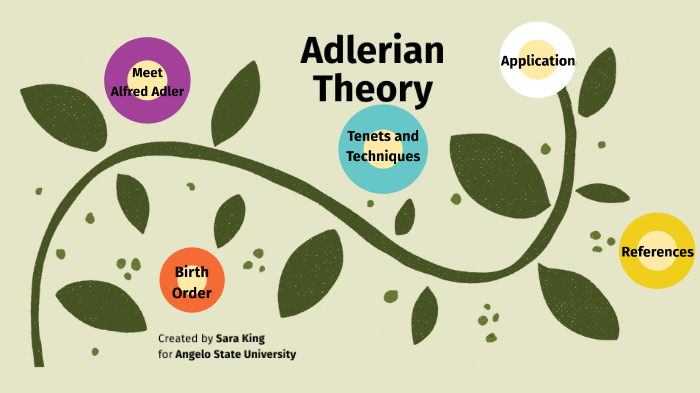Adlerian theory was developed by Austrian psychiatrist Alfred Adler. It views people as unique individuals shaped by their environment rather than grouping people into impersonal classification systems. According to this theory, all people have the potential to be successful and happy. The goal of this therapy is to help clients achieve a sense of self-efficacy and satisfaction in life. Adlerian therapy helps individuals understand how their thoughts, feelings, and behaviors are related. It also encourages individuals to be the best they can be rather than changing their behaviors or thoughts.

Adlerian therapy has four stages including Assessment, Goal Setting, Intervention, and Termination. The assessment stage in this therapy is when therapists gather all the information about the client to help inform the treatment plan. Providers use techniques such as comprehensive history, conducting assessments, and evaluating medical and psychological problems that may be present. In this step, therapists identify the strengths and weaknesses of the client and the level of social and emotional functioning.
The goal-setting stage is the stage in Adlerian therapy where therapists and clients work together to identify the client’s goals. In this stage, clients develop realistic and achievable goals to improve their quality of life. This stage help improves self-esteem, motivation, problem-solving skills, communication skills, and increased productivity.
Intervention is the third stage of Adlerian therapy that involves taking action. Therapists in this stage can help clients take practical steps toward gaining happiness. This stage provides an opportunity for clients to change behaviors that help them overcome challenges.
Termination is the final phase of treatment in Adlerian therapy. In this step, therapists and clients work together to warp-up the therapy session by analyzing the changes that have been made. The termination stage can take weeks to months, depending on the client’s situation. Adlerian believed that birth order has a significant but predictable impact on a child’s personality and the feeling of inferiority. APA
